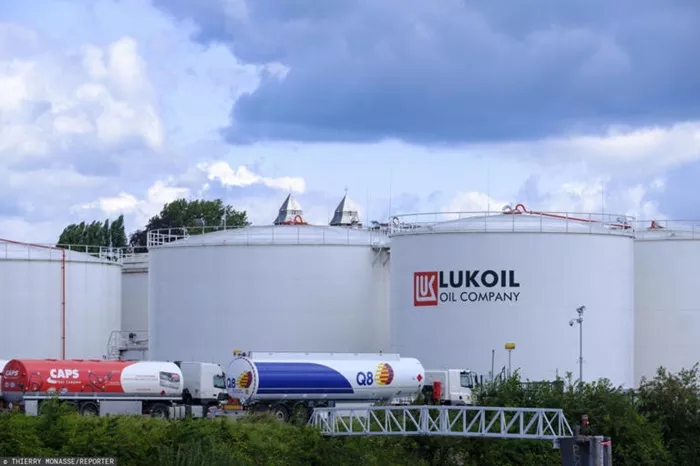Ukraine has called on the Group of Seven (G7) nations to drastically lower the price cap on Russian oil, pushing for a reduction from the current $60 per barrel to just $30, in an effort to further erode the Kremlin’s war chest as the conflict enters its third year.
Ukrainian Deputy Foreign Minister Andriy Sybiha made the appeal during a meeting in Brussels on Tuesday, arguing that the existing cap has become ineffective amid falling global oil prices. “From our point of view, the reasonable price cap is 30 dollars,” Sybiha stated, pointing to the fact that Russian oil is already selling below the current ceiling.
Ukraine’s request comes as the European Union and the United Kingdom unveiled a new round of sanctions targeting Russia’s so-called “shadow fleet” of tankers and financial entities that help Moscow sidestep previous restrictions. While the EU has floated a possible reduction to $50 per barrel, Kyiv is urging a more aggressive approach.
The call for stricter limits may come at a critical juncture. Russia’s oil revenues plunged to $13.2 billion in April—the lowest level in nearly two years. Urals crude, the country’s primary export blend, averaged just $55.64 per barrel last month, already below the price cap and raising concerns over long-term sustainability. Moscow has responded by slashing its oil and gas revenue forecasts and tripling its projected budget deficit for 2025.
Nonetheless, enforcing a lower cap remains a complex task. The current system limits the use of Western insurance and financial services for Russian oil sold above the threshold, but enforcement has been patchy. Experts warn that tightening the cap could push more of Russia’s exports into illicit channels or increase reliance on opaque tanker networks that operate beyond Western oversight.
Ukrainian President Volodymyr Zelensky expressed confidence that increasing economic pressure could shift the dynamics of the war. “The more pressure there is,” he said Tuesday, “the more motives Moscow will have to move towards real peace.”
Still, analysts caution that Russia’s oil trade has historically proven resilient, often finding alternative routes and partners when faced with sanctions—posing a significant challenge for policymakers seeking to shut off its revenue streams entirely.

